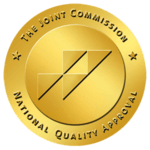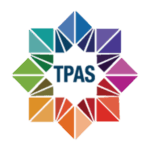CBT and Treating Addiction
CBT helps each individual understand their unique circumstances in relation to their substance use struggles. In this way, it may identify personal factors that contributed to the development of an addiction and assist in eliminating triggers or self-destructive behaviors. During treatment at Redpoint, we help our clients to be aware of any automatic thinking that may have contributed to their substance use issues.
During CBT, we use logic to challenge problematic preconceptions. By creating fresh viewpoints, we help each of our clients get a better understanding of the impact of past events on current sentiments. As a result, we assist our clients in focusing on the present rather than the past. Rather than blaming ourselves, we may confront our concerns and embrace the present rather than criticize it.
Going Deeper With CBT
According to CBT theory, our thoughts, feelings, physiological experiences, and actions are connected. Our thoughts and actions influence our emotions. Changing one of them may have a ripple effect on the others. It is common for people to get into thinking and reaction habits that amplify their feelings of anxiety or distress. CBT works by helping a person recognize and change detrimental thought and behavioral patterns to feel better about themselves. With CBT, you’ll have access to a wide range of approaches that may help you here and now.
CBT is a kind of therapy in which a therapist actively works with each client to help them achieve their objectives and provide a secure space in which they may work on changing their negative habits or thoughts. To help them on their road to recovery, clients learn that they have the power to influence their own thoughts and actions right now.













